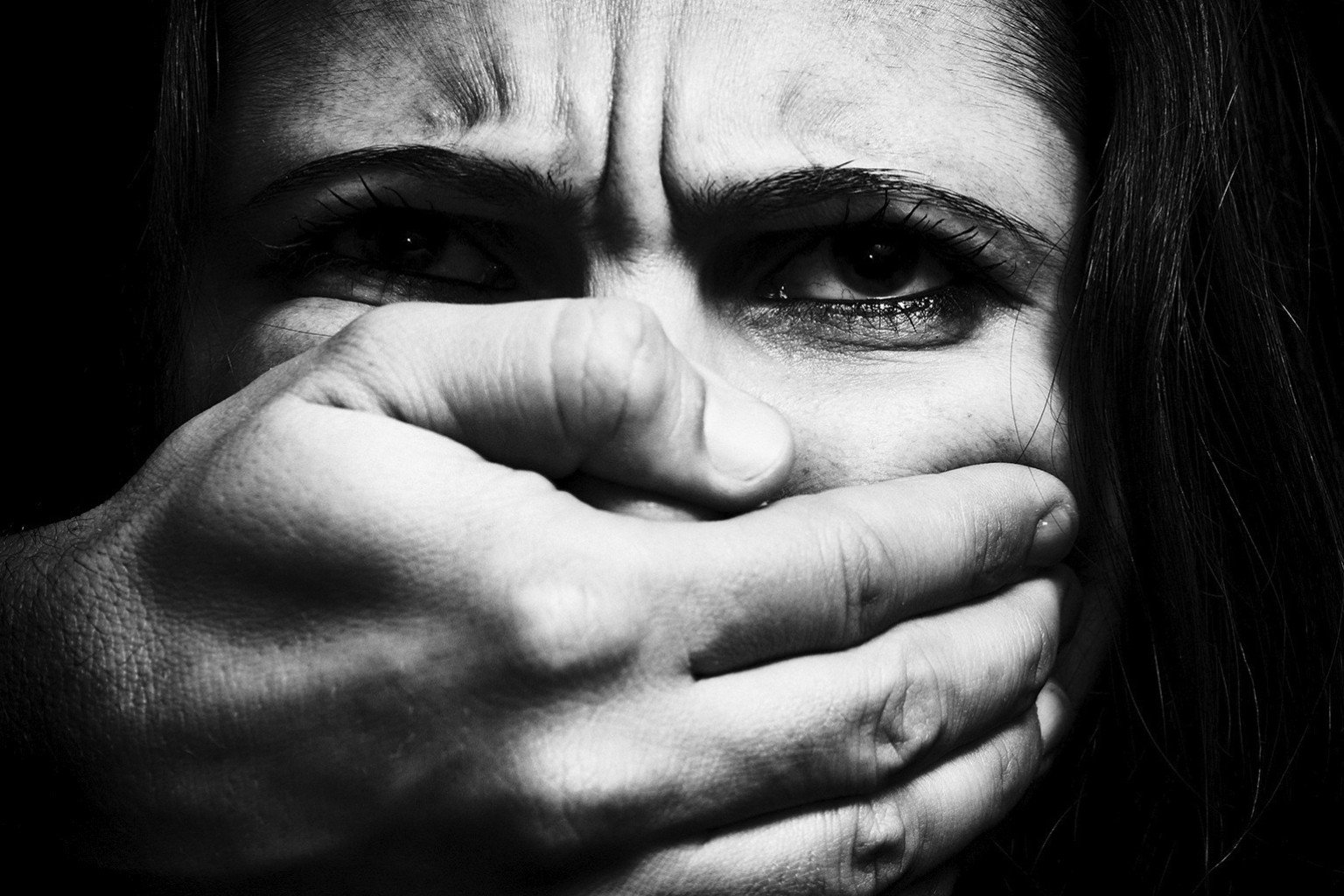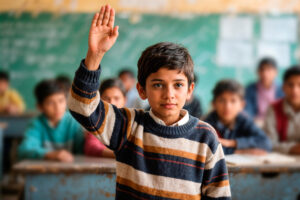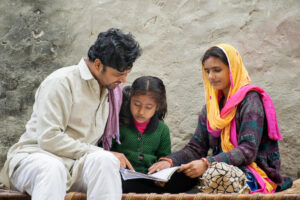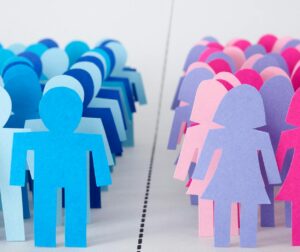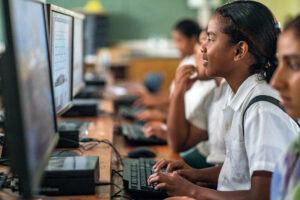In Pakistan, violence against women is an unfortunate reality that takes many forms, including honor killings, domestic violence, acid attacks, sexual violence, human trafficking, forced marriages, and more. These terrible acts predominantly target women and girls, keeping them trapped in a cycle of fear and inequality. It is imperative to shed light on the types of violence women face and to critically examine the inadequacies in the legal and societal frameworks that allow these atrocities to persist.
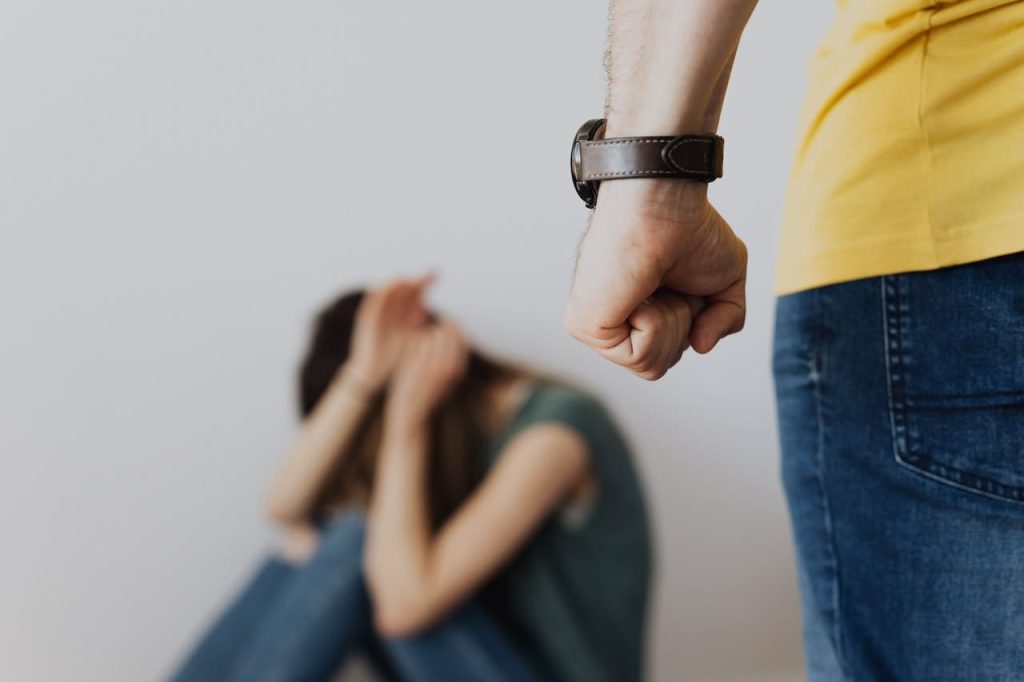
Honor Killing
One of the most prevalent forms of gender-based violence in Pakistan is honor killing. Women are murdered by family members, typically male relatives, for allegedly bringing shame to the family by engaging in activities perceived as dishonorable. Even though the reported cases have decreased, the unreported incidents, especially in distant rural areas, present a more concerning situation.
Domestic Violence
Domestic violence, occurring within the confines of homes, subjects women to physical, psychological, and sexual abuse. According to the 2017-2018 Pakistan Demographic and Health Survey, 39% of women between 15 and 49 face such abuse. The problem worsened during the COVID-19 pandemic, with a 200% increase in domestic violence cases reported by the Aurat Foundation.
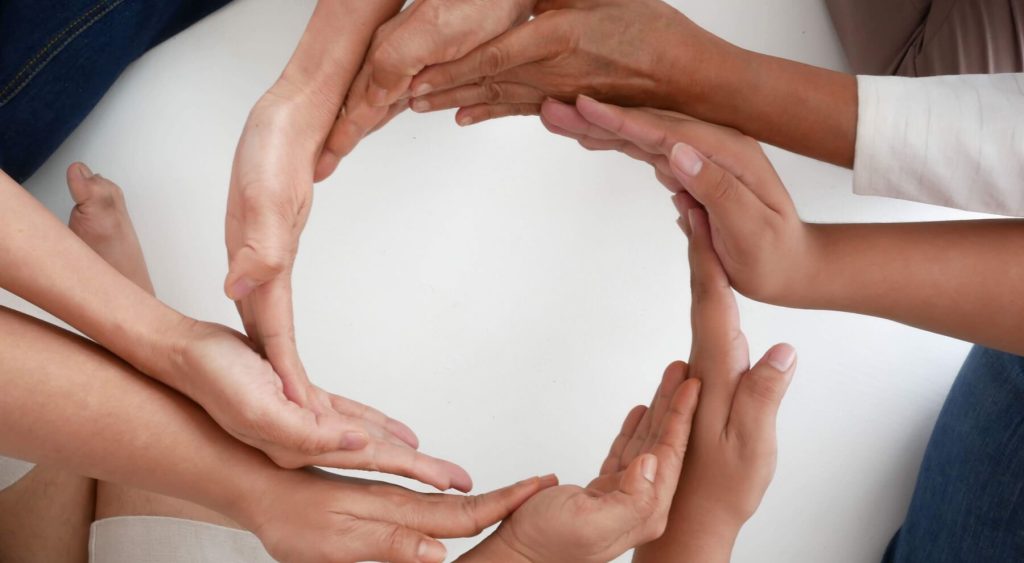
Sexual Violence
Sexual violence, including rape, gang rape, and assault, remains alarmingly prevalent, with approximately 10,500 cases reported in 2023. Moreover, a profound lack of trust in the legal system exacerbates the underreporting phenomenon. Survivors may doubt the justice system’s effectiveness or fear retribution during legal proceedings, hindering them from coming forward. The case of Mukhtaran Mai serves as a poignant example, highlighting the formidable challenges women face when attempting to navigate a legal system that may not consistently provide them the support and justice they deserve.
A Holistic Approach to Combatting Violence against Women
In the face of persistent challenges, Pakistan stands at a crucial juncture where comprehensive reforms are imperative to address the deep-rooted issue of gender-based violence. Hence, confronting violence against women in Pakistan demands a multifaceted approach to breaking the chains of injustice and inequality.

1.Legal Front: Strengthening Laws and Enforcement
Implementing and reinforcing laws that address gaps in the existing legal framework is imperative. Recognizing marital rape, ensuring stringent penalties for domestic violence, and closing loopholes that enable rapists to escape accountability are critical steps. Additionally, fostering a proactive and unbiased approach within the police force can significantly contribute to ensuring justice for survivors.
2.Cultural Evolution: Transforming Societal Norms
A cultural shift involves challenging ingrained norms that perpetuate violence against women. Education plays a pivotal role in empowering individuals to question these norms and promote equality. Community-based programs and initiatives aimed at dispelling stereotypes and encouraging respectful relationships can contribute to dismantling the deeply rooted patriarchal mindset.
3.Holistic Victim Support: Comprehensive Assistance Programs
Establishing comprehensive support systems for survivors is crucial. This includes accessible and sensitive healthcare services, counseling, and legal aid. Creating safe spaces and shelters for women escaping abusive situations, coupled with educational programs on financial independence, can empower survivors to rebuild their lives.
4.Educational Reforms: Empowering Through Knowledge
Integrating gender-sensitive education into school curricula is instrumental in challenging stereotypes and fostering respect for diversity. Educational institutions can actively promote values of equality, consent, and respect, creating a generation that inherently rejects violence against women.
The Way Forward
Confronting violence against women in Pakistan demands a multidimensional approach that encompasses legal reforms, cultural evolution, victim support programs, and educational reforms. By addressing the systemic weaknesses, challenging cultural norms, and fostering a society that values and protects its women, Pakistan can pave the way toward a future where every woman is free from the shackles of violence and inequality. The time for change is now and requires the collective effort of individuals, communities, and policymakers alike.
Disclaimer: Any opinions expressed in this blog do not necessarily reflect the opinions of CREDP. This content is meant for informational purposes only.
